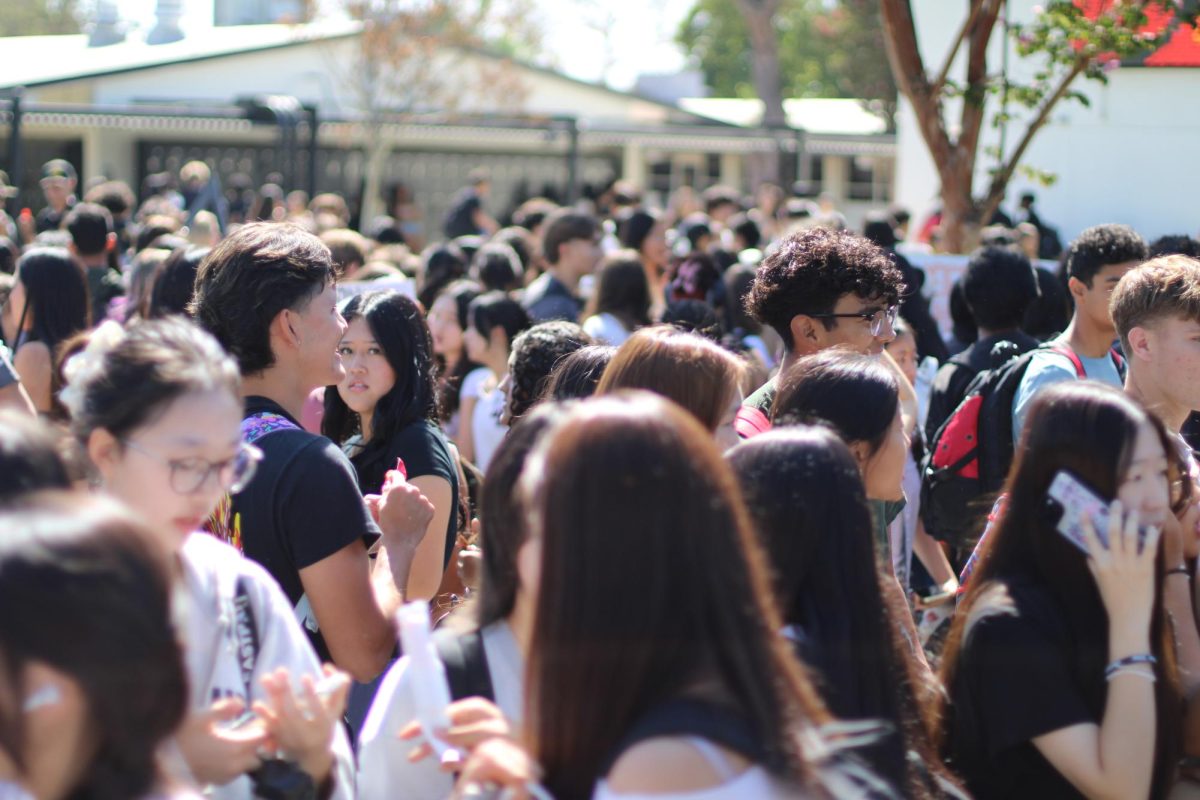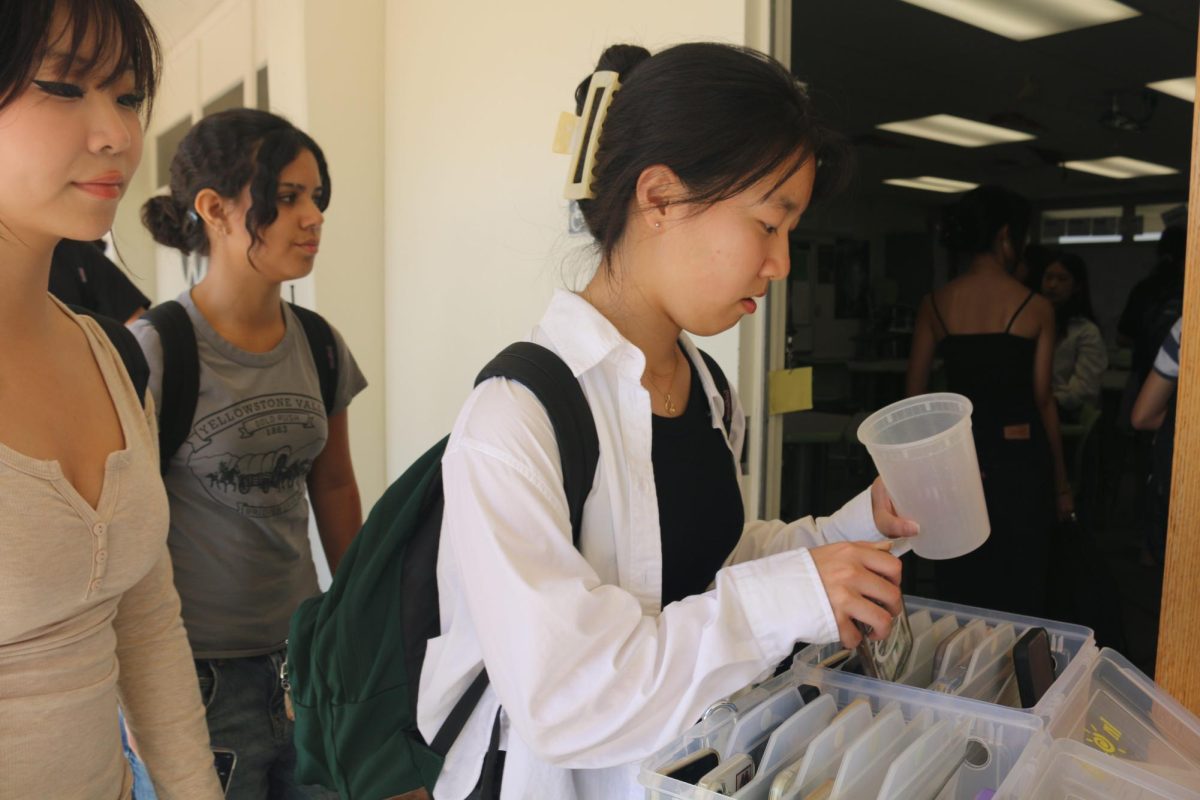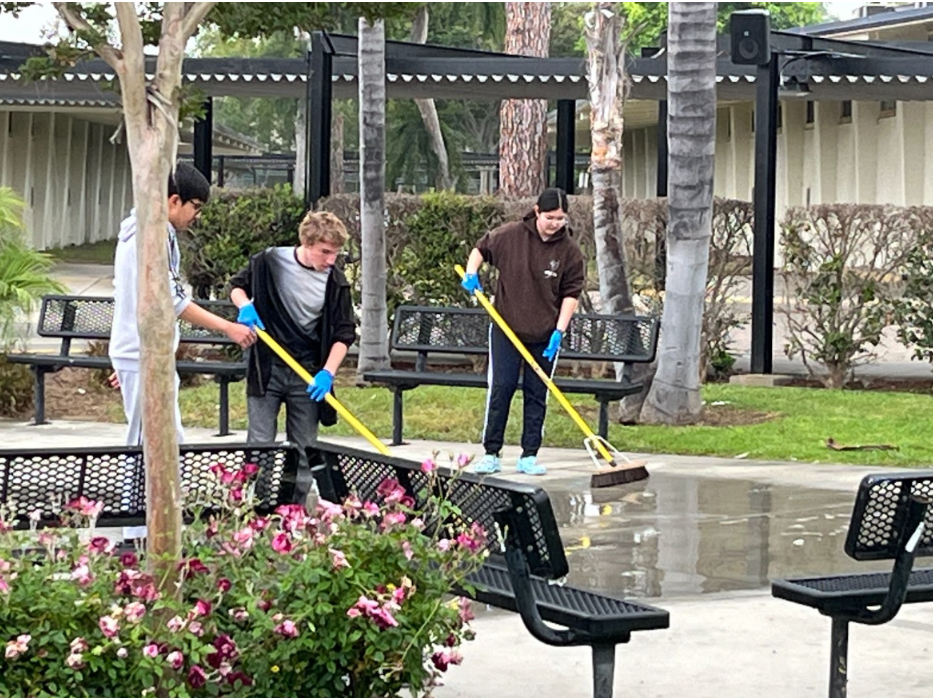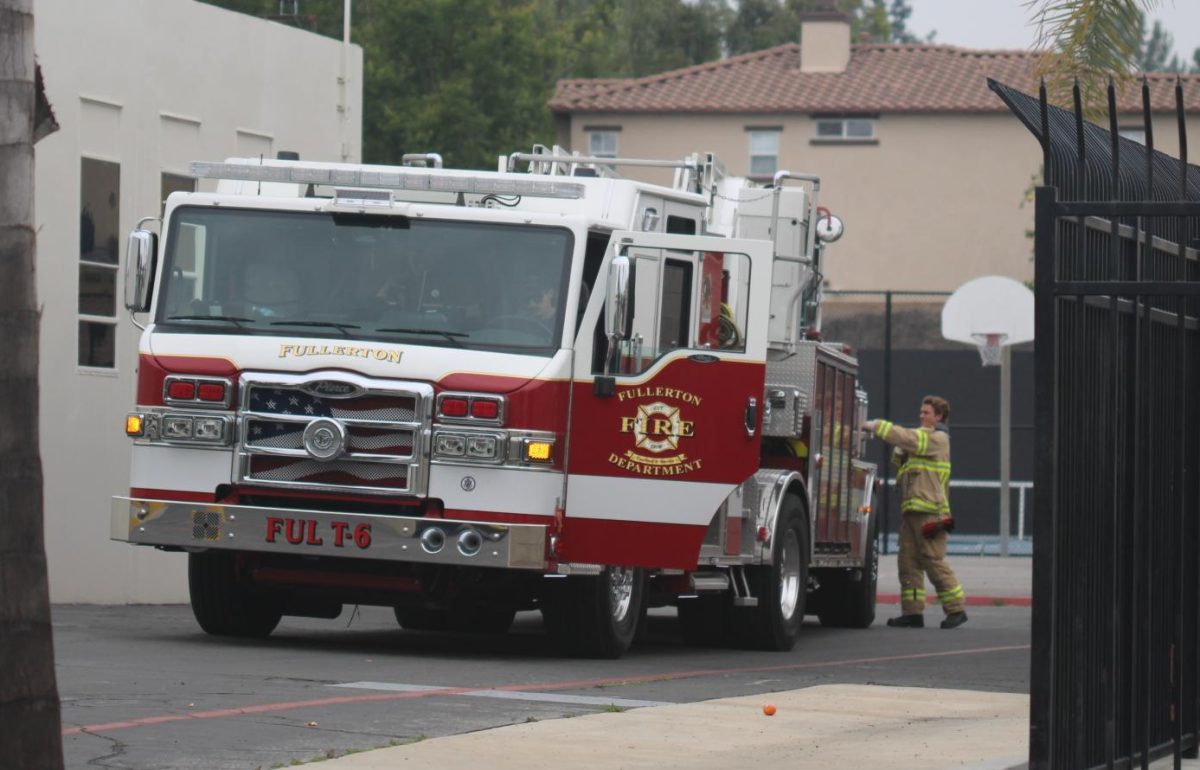One-and-done.
Sports fans have commonly applied this expression to college basketball, referring to a player who joins a team for just one year before declaring for the NBA draft the next.
Los Angeles Lakers’ star LeBron James’ son, Bronny, Reed Sheppard and Stephon Castle are among three recent one-and-done’s who come to mind.
However, in the 2024 political landscape leading up to the November presidential election, both the Democratic and Republican parties ended up giving the electorate a different one-and-done treatment.
After the Tuesday, Sept. 10 debate between vice president and Democratic presidential nominee Kamala Harris and Republican presidential nominee Donald Trump, the latter announced he would not agree to any future discourses with Harris.
Of course, that was Trump’s second presidential debate compared to Harris’ one and only. Trump first clashed with 46th President Joe Biden on Wednesday, June 24. After 78 days, Biden dropped out of the election, announcing he would support his vice president to replace him as the Democratic presidential nominee.
According to CBS News, approximately 67 million viewers tuned in to the Harris-Trump debate, and many media outlets cited Harris as the winner. Those examining the electoral votes predict that the winner of the presidential race will come down to Arizona, Georgia, Michigan, Nevada, North Carolina, Pennsylvania and Wisconsin, commonly referred to as battleground states.
Sunny Hills’ online news website, The Accolade, conducted a survey Wednesday, Sept. 25, to Saturday, Oct. 26, with 151 students responding reflecting just how tight the race is – 56 indicating Trump would win compared with 56 in favor of Harris. Meanwhile, 28 didn’t know who would win, while another 11 didn’t care.
However, instead of asking online users who they think won the Tuesday, Sept. 10, debate, The Accolade asked what people thought about each candidate’s performance.
Thirty-six out of the 141 participants believed “it highlighted clear policy differences between the candidates.” 14 thought that “both candidates presented their visions effectively, but failed to convince [them] as to who would win the election.”
On the contrary, 15 respondents thought the debate “lacked depth and failed to address key issues,” and 14 thought it “did not significantly change their preferences.” The remaining 44% did not watch or find interest in the debate.
The Spotlight team also posted a poll on Instagram asking people if they watched the presidential debate and was able to reach out to five students who said they watched the debate – two sophomores, a junior and two seniors. All of them agreed that Harris outperformed her opponent.
All five students interviewed had varying reasons for why they decided to tune in: some watched with their parents, others felt interested in politics and desired to understand what was happening in the country and one was interested in the opposing nominee’s explanations.
These students all watched the debate between Biden and Trump, with one leaving the broadcast midway.
“In my unbiased [point of view], I think Harris had the slight upper hand throughout the debate,” junior Cheney Mo said, who did not disclose who he would choose if he could vote. “Harris definitely reignited the spark with the liberals.”
Mo observed that throughout the discourse, the auditor pointed out more mistakes from Trump and stayed more silent when Harris made false claims. However, he said that these were surface level observations and not him taking sides.
Straying away from the matter of moderators, a majority of the students interviewed believed that Harris won in arguments brought to the table.
“I believe the debate greatly defaced Trump’s image to the public, especially after making wacky claims and makes it pretty clear to sound voters that Trump is not a credible candidate,” said sophomore Evan Shinmei who would vote for Harris, referring to Trump’s statement about Haitian immigrants in Springfield eating pets.
Similar to Shinmei, sophomore Midori Lopez also believed that Trump’s claims regarding the immigrants were questionable, even contradicting himself with his past words.
“Some points that were made by Trump didn’t make as much sense as I’m sure he thought it would have,” she said. “When he was asked where he heard [about the Haitian immigrants] from, he said on television. [However] in the past, he said he never believed anything from the internet.”
Not only did students find this comical, but others on social media did also. Shortly after the debate ended, a TikTok audio named “Eat the Cat (They’re Eating the Dogs),” by Steve Terrell and CasaDi regarding his false claim about immigrants eating pets went viral, amassing over 82.7 thousand posts.
Similar to Lopez and Shinmei, senior Mia Carley, who did not fit the age requirement to vote, believed Harris won the debate.
“She was calm and assertive, [whereas] Trump was hotheaded and assertive,” Carley said. “She provided plans and facts while Trump made accusations and claims [that were] nothing concrete.”
Even though senior Alexandria Douglas-Rejon said she’s a registered voter and plans to vote for Trump, she said her candidate did not attack Harris’ policies enough.
Douglas-Rejon did take issue with something that Harris said that many other media outlets also cited as misinformation.
“Harris claimed, ‘As of today, there is not one member of the United States military who is in active duty in a combat zone in any war zone around the world, for the first time this century,’” she said. “I feel that this was a particularly weak claim considering it is not true.”
According to USA Today, the U.S. deployed soldiers in Syria, Iraq and Jordan under an agreement named Operation Inherent Resolve. In this act, the U.S. military defends these countries in the international war to defeat the Islamic State of Iraq and Syria [ISIS]. 170,000 troops remain in military bases worldwide, not including the U.S.
While the media hyped up the Harris-Trump debate as one that could influence undecided voters, many Sunny Hills students and teachers disagreed.
Advanced Placement [AP] Government and AP Macroeconomics teacher Greg Del Crognale said he cannot divulge who he’s voting for, and he only watched the debate to be updated for his class.
“I like to watch it anyway, just because this is what I do,” Del Crognale said. “I teach government, so I want to be informed.”
He thought this debate was fair but not for the same reasons students thought.
“In terms of how it was [moderated], I thought they did a really good job of keeping it moving, whereas past debates with former President Trump could be really messy,” Del Crognale said. “This one wasn’t as messy as I’ve seen in the past.”
For others, such as AP Government and AP Macroeconomics teacher Kelsie Castro, the debate’s flow felt adequate. Heightened emotions could have been a factor for its messy characteristics, but it still helped each candidate support their campaign, she said.
Castro also said her opinion of each candidate did not change after the debate, watching it to “be a more informed citizen and voter.” She also strived to discuss politics positively with her students and believed that watching these debates would help her with these conversations about political beliefs, as staying current would give her a better understanding.
“I also find it fascinating to consider the pros and cons of the changes that have been made to the debate structure that helps to manage the flow, like the mic muting, moderators fact-checking and no more live audience,” she said.
The muted microphones were initially rejected by the Harris campaign, claiming it would “shield Donald Trump from direct exchanges,” according to a letter written by Harris’ aide Brian Fallon to ABC News. However, Harris’ side finally accepted them after news station CNN did not budge, according to BBC News.
Douglas-Rejon also pointed to a reason explaining the debate’s viewership that explains why a majority – 62 respondents of 141 from The Accolade online poll about the Tuesday, Sept. 10, debate – didn’t choose to tune in to the political back-and-forth among the candidates.
“What most people in both parties forget is that the average person really does not care about politics, and nobody, or close to nobody, went into this debate undecided,” Douglas-Rejon said. “At this point in the campaign, I think everything is set in stone, and we are all just waiting to see the results.”



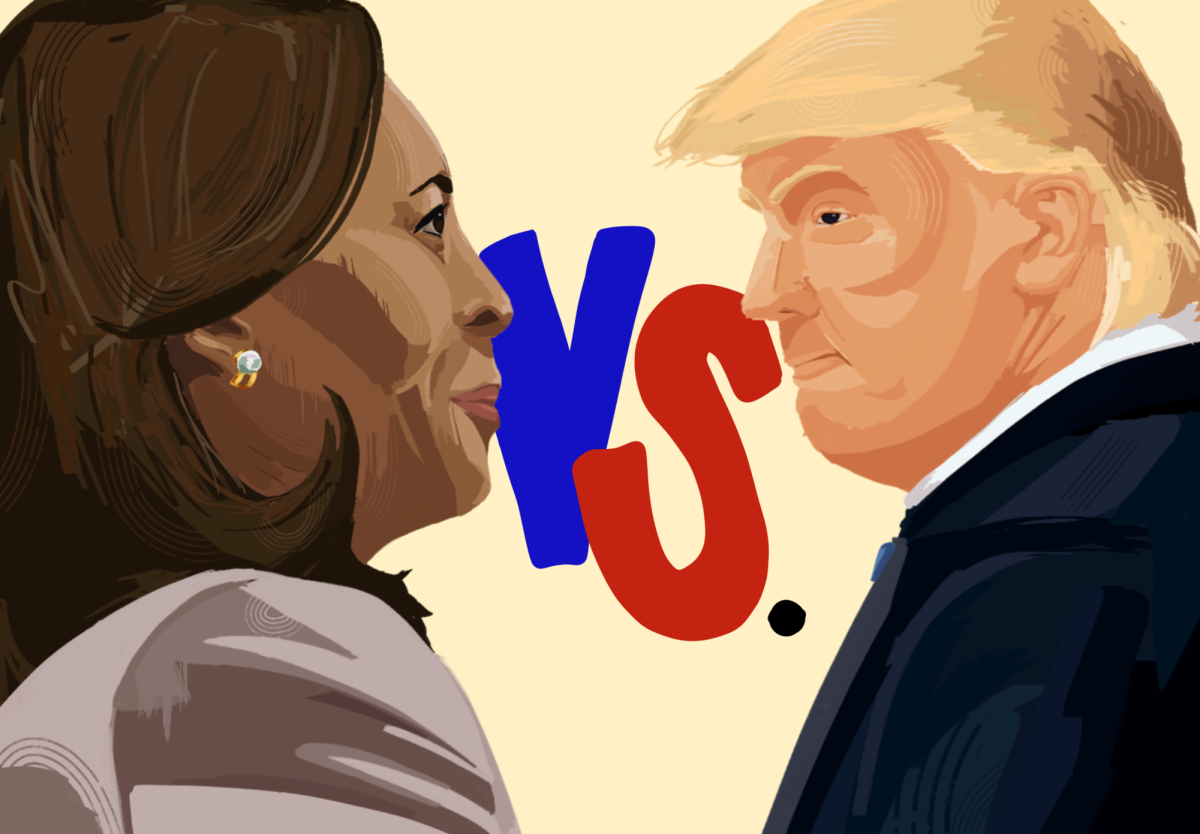
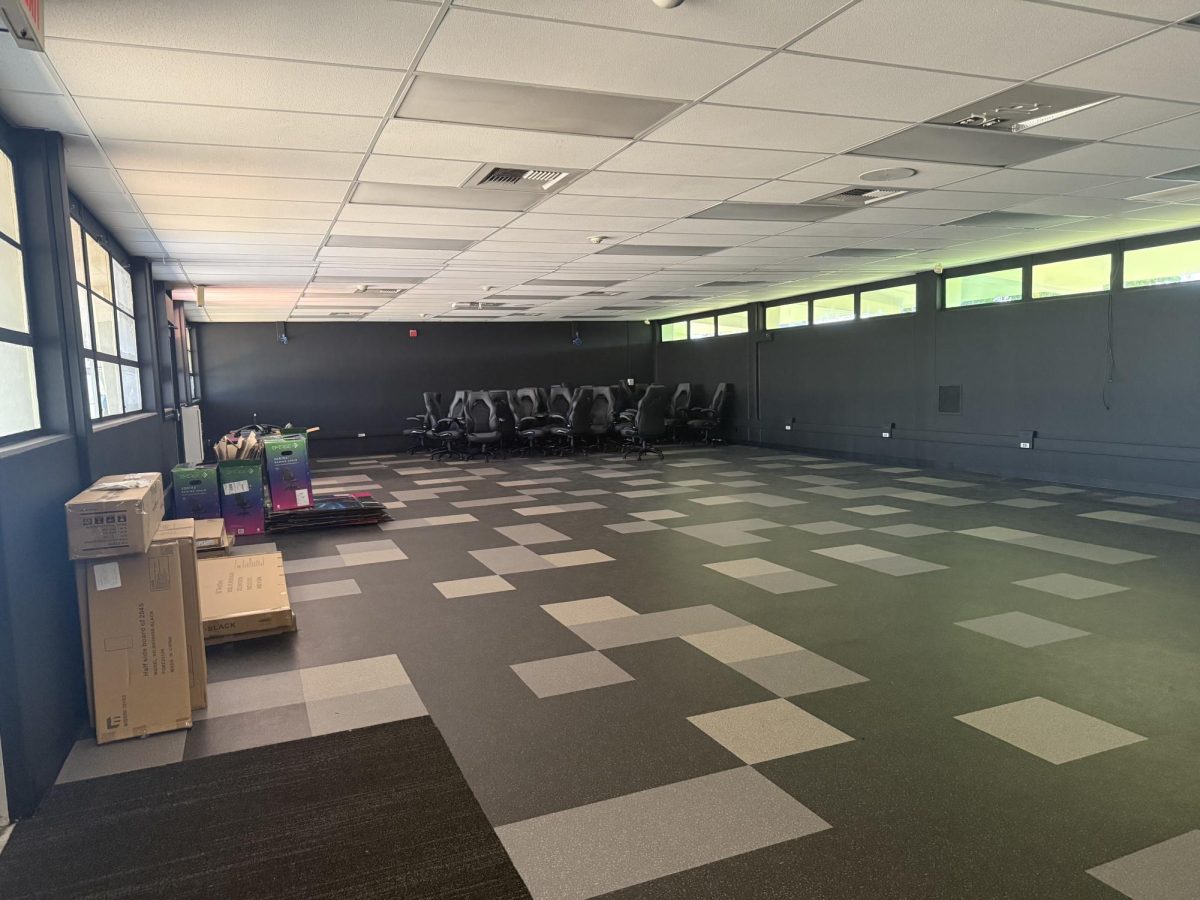
![Students and staff across the Fullerton Joint Union High School District [FJUHSD] received emails promoting a part time job offer with pay. The messages were set from compromised FJUHSD accounts.](https://shhsaccolade.com/wp-content/uploads/2025/09/image1-2-1200x527.png)
